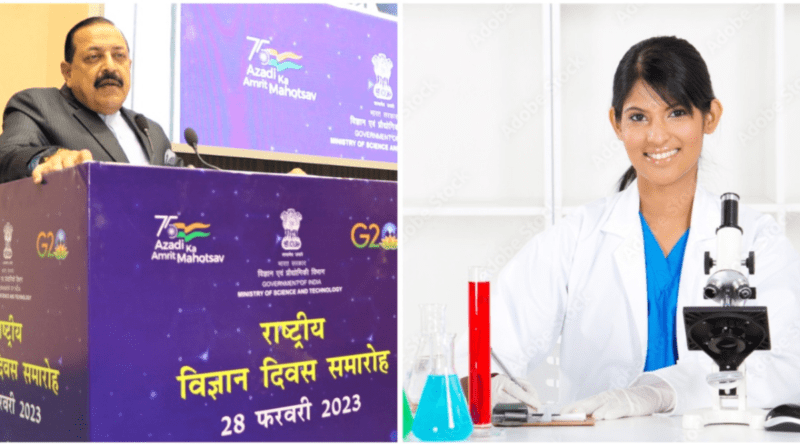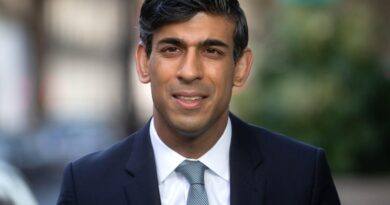22 Pioneering NRI Scientists Get Grants To Do Research
Under a new fellowship programme the Indian government has introduced, around 75 scientists from the Indian diaspora are scheduled to return to India over the next three years to work on various science and technology projects. The Department of Science and Technology has introduced the Vaibhav plan, which has an expenditure of Rs. 80 crore. In April of this year, Indian institutes will welcome the first group of 22 fellows, who are primarily from US and Canadian colleges and specialise in AI and machine learning.
When we issued the first request for ideas last year, we received roughly 302 submissions. Of those, 22 were selected for further consideration and will shortly receive award letters.
For a maximum of three years, these researchers must spend one to two months in India. During that time, they will receive a grant of Rs. 4 lakh. The fellowship also pays for their two months of fully furnished local housing and their annual international airfare from the parent institute to India.
Additionally, the researchers will receive Rs. 1 lakh annually for domestic travel to Indian institutions and research expenses. Additionally, the ministry would give the institute sponsoring the fellow’s research up to Rs. 5 lakh annually for three years. Even though the researchers are only able to visit India for two months out of the year, the institute must finish the project in three years and stay in touch with the fellows throughout the year via online sessions.
Our scientists who are employed overseas have a great chance to interact with their local counterparts on initiatives that could be extremely beneficial to both parties. In addition to sharing cutting-edge technologies with the students here, the Indian diaspora gets the chance to expand their network and work together on research papers. In a way, it’s like giving back to the nation. A situation where everyone benefits,” stated Dr. Agarwal of DST’s International Co-operation Division.
All persons of Indian origin (POIs), non-resident Indians (NRIs), and Indian citizens working overseas (OCIs) are eligible for the fellowship. Additionally, some areas—such as the National Quantum Mission, National Supercomputing Mission, and Deep Ocean Mission—are being prioritised in accordance with the government’s scientific missions. The majority of the researchers chosen had training in machine learning and artificial intelligence.
Furthermore, this could serve as a catalyst for India’s entry into the AI race. Although Krutrim, an AI unicorn, is already operating in India, the country’s share of activity in this field is negligible when compared to the US and China. Indian institutions and students would benefit from the experience of renowned international scholars while also helping to foster the development of new technologies and research. Furthermore, the programme’s consequences can be extensiveinminiscule Taiwan has emerged as the world’s leading producer of semiconductors, primarily due to the efforts of a Taiwanese researcher who returned home after a period of study in the United States.
India hopes to use the Vaibhav fellowship to help its renowned scientists contribute to its growth story and partially reverse the decades-long brain drain that the country has experienced.




